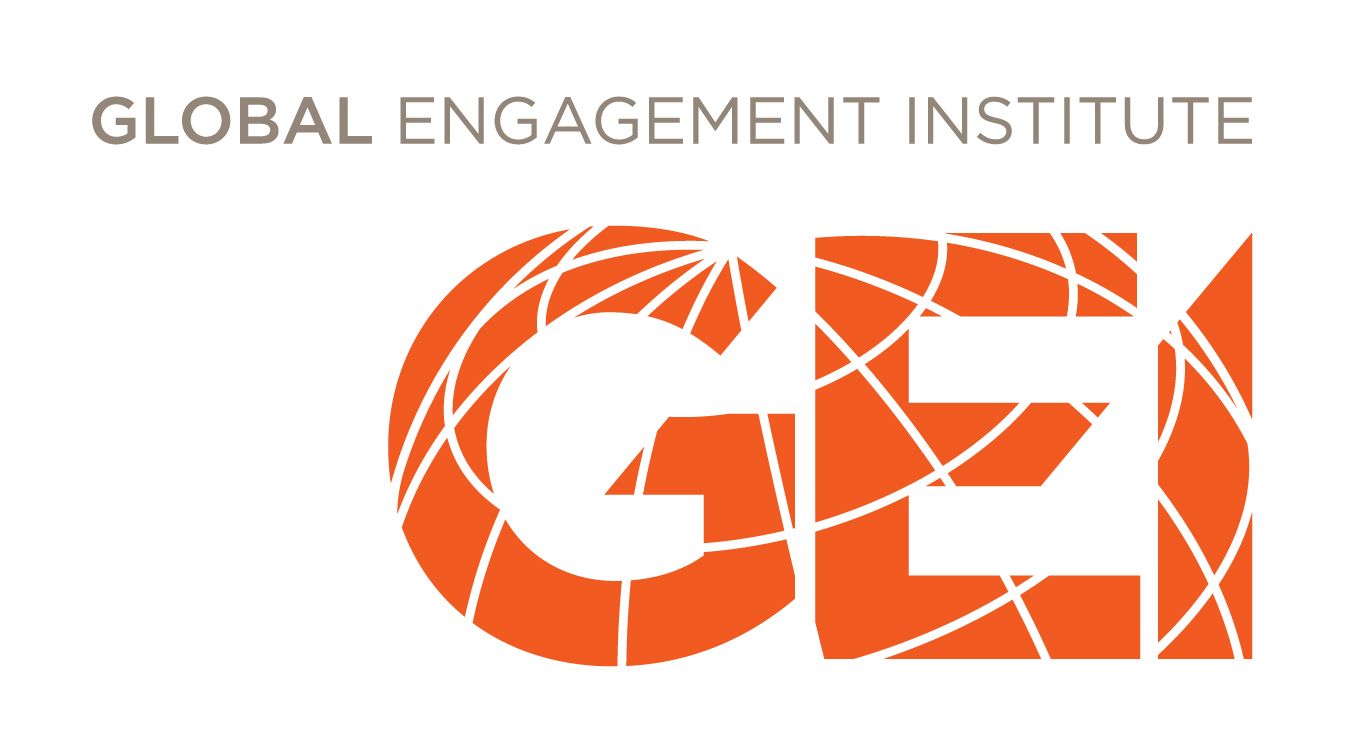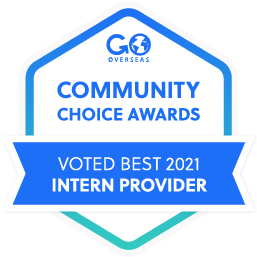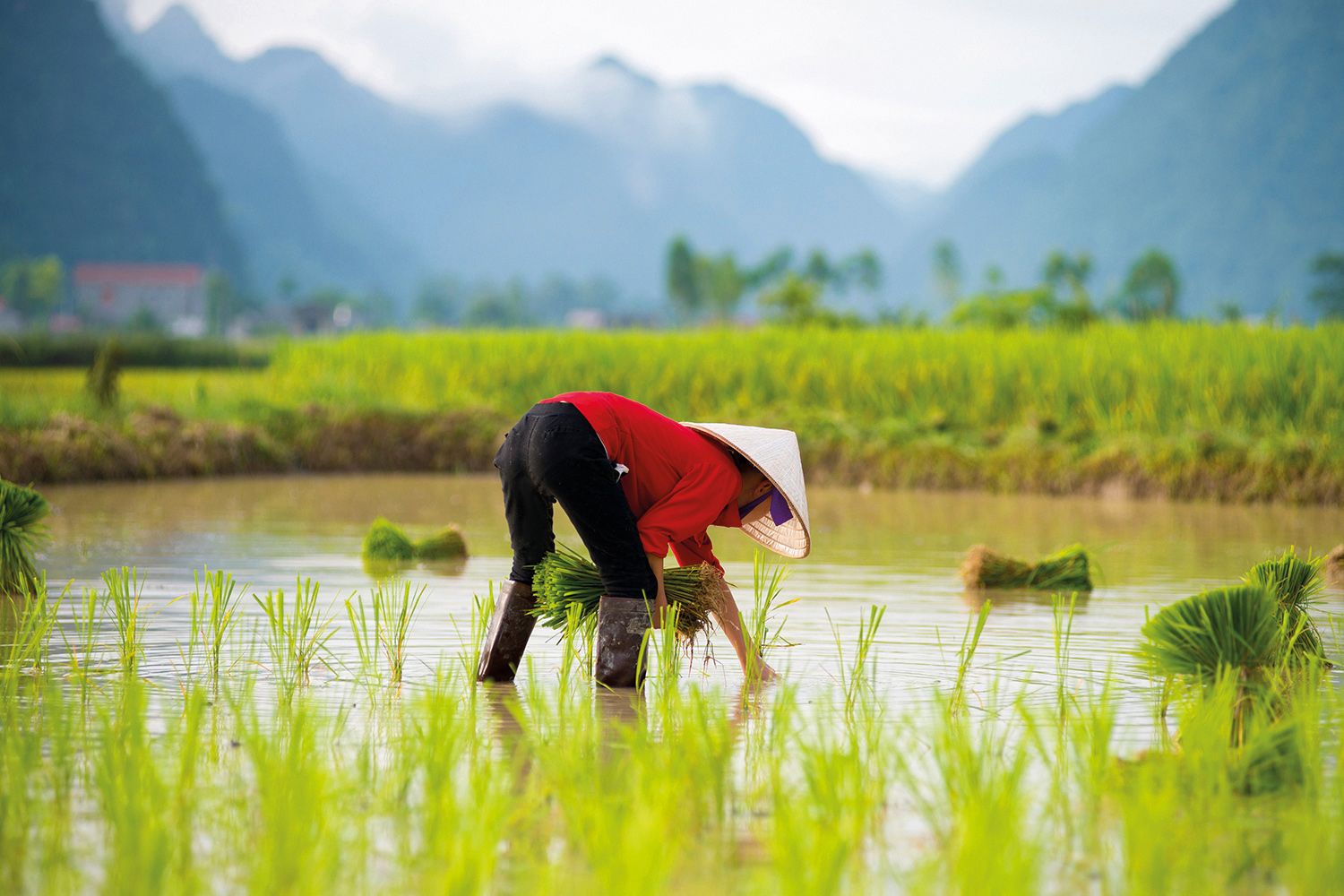GLOBAL ENGINEERING (RWANDA)
GEI MICROCERTIFICATE IN GLOBAL ENGAGEMENT
An 8-credit microcertificate program to develop skills, knowledge, and understanding that prepare you for leadership and engagement in our global society.
AT A GLANCE
-
Microcertificate in Global Engagement Program
-
Disciplinary Track: Global Engineering
-
Study Abroad Destination: Rwanda
-
Summer Dates: June 1-July 24, 2026 (8 weeks)
-
Credit: 8 U.S. credit hours (~ 16 ECTS credits) for eligible university students
-
Eligibility: Any field and level of study
PROGRAM OVERVIEW
Write your awesome label here.
Write your awesome label here.
Write your awesome label here.
Write your awesome label here.
Write your awesome label here.
Write your awesome label here.
ACADEMICS
This course introduces students to engineering challenges and innovation strategies in Rwanda through case studies, field visits, and collaborative inquiry. Topics include infrastructure development, environmental systems, renewable energy, and inclusive design. Students analyze how engineering intersects with cultural context, policy, and sustainable development goals.
Students engage in a practicum placement with a Rwandan partner organization or initiative, applying their skills to real-world engineering challenges. Working in interdisciplinary teams, students contribute to technical assessments, design solutions, and community engagement. Weekly colloquiums support professional growth, ethical reflection, and integration of experiential learning.
As capstone project, students create a digital portfolio that serves as a comprehensive record of the students’ achievements and learning throughout the program. Students gather artifacts from their coursework and field experiences to showcase their development and mastery of skills. The portfolio culminates in a reflective essay and a presentation, promoting self-assessment and continuous learning.
There are no specific prerequisites or requirements. Students can be enrolled in any major or minor and can be at any level of university study. While we try to always place students in cohorts with similar levels of study, please understand that this may not always be possible.
Our programs are designed to follow U.S. academic culture and standards. The pace is generally accelerated and the workload is demanding. The U.S. grading scale of A to F is used. Students will receive a variety of assignments. They include six module-based small group assignments, engaged participation in a community-engaged learning project, a weekly reflective journal/blog/vlog, and a project report (ENG302), engaged participation in a global practicum, a weekly reflective journal/blog/vlog, and a project report (ENG303), and a digital portfolio culminating in a reflective essay and a presentation.
8 U.S. credit hours (~ 16 ETCS credits) for eligible undergraduate students via our U.S. academic school of record. After successful completion of the program, you will receive a comprehensive GEI transcript as well as the GEI Microcertificate in Global Engagement. Please check with your academic advisor at your home institution to confirm how many credits can be accepted for your degree program.
The language of instruction is English.
UNIQUE EXPERIENCES
Engineering for development
Students contribute to real-world projects alongside Rwandan engineers, NGOs, and public-sector partners. Practicum work may involve renewable energy, water and sanitation, agricultural systems, or urban planning - offering valuable exposure to engineering applications that directly serve local communities.
Rwanda as a living lab
With its focus on sustainable growth and innovation, Rwanda offers a powerful learning environment. Field visits include urban infrastructure tours in Kigali, rural engineering sites, and renewable energy installations. Students gain first-hand insight into the policies, partnerships, and technologies shaping Rwanda’s development.
Write your awesome label here.
Write your awesome label here.
HOUSING & MEALS
The program includes 8 weeks in Rwanda. For this time, GEI Rwanda offers different housing options that students can choose from, pending availability. These include:
- Homestays: Typically single rooms, with shared bathroom, and access to a kitchen and living room
- Serviced apartments: Single or shared double rooms, with shared bathroom, and access to a kitchen and living room
- University residence halls at our local partner universities: Shared double rooms, with shared bathroom and no kitchen facilities
- Simple guesthouses: Shared double rooms, with shared bathroom and no kitchen facilities
Homestay host families typically provide breakfast and dinner. Students in serviced apartments, university residence halls, or guesthouses are usually responsible for all meals outside of core course meals.
You can find additional information in the following blog post: Accommodation – What to expect.
You can find additional information in the following blog post: Accommodation – What to expect.
DATES, FEES, AND SCHOLARSHIPS
Summer 2026 (8 weeks): June 1-July 24
Summer 2026: April 1
Summer 2026: US $7,950 (8 weeks)
INSTRUCTORS & COORDINATORS
Meet our core team
All of our instructors and coordinators are highly experienced and resourceful professionals.


